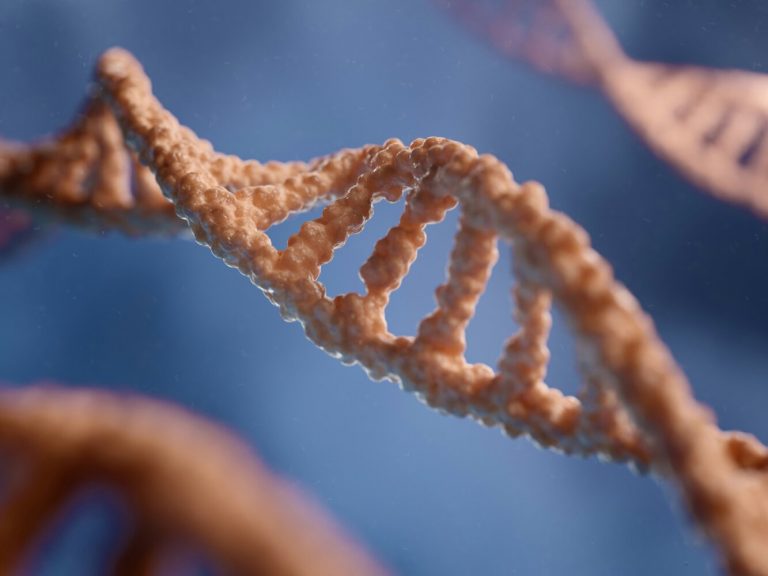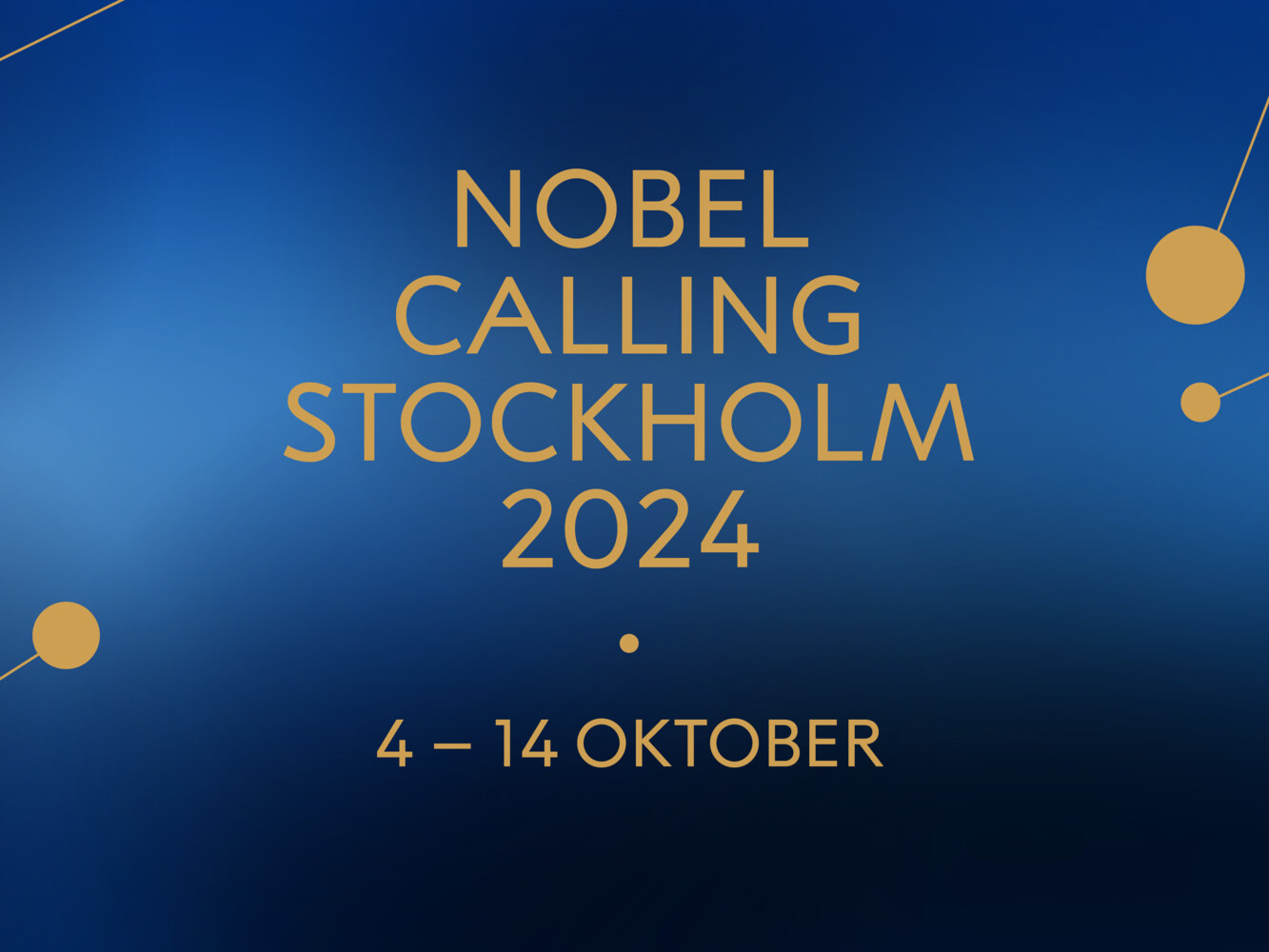Developments in medicine and technology are moving fast right now. Research and new technologies, such as biotechnology and artificial intelligence, have made great strides. This, in turn, has opened the way to precision medicine.
Precision medicine means that health care can be adapted to each person’s unique needs. The use of precision medicine makes it possible to prevent and detect diseases early and provide more effective treatments. But these opportunities also come with challenges, and one of the biggest is how health data should be managed and shared.
Hereditary cancer is an example of a disease for which it is crucial to share genetic data between different health care providers in order to make the correct diagnosis and individualise treatment for the cancer patient. Sharing information makes individualised risk assessments and personalised follow-up possible, both for cancer patients who have congenital cancer risks and for their healthy relatives. Meanwhile, there is continuous research aimed at understanding more about hereditary cancers so that new, better treatments can be developed.
To ensure that precision medicine will work, health data ‒ including genetic information ‒ is needed from many people. This information helps researchers and doctors to better understand diseases and develop new treatments.
Speakers at the seminar will include Svetlana Bajalica Lagercrantz, Adjunct Professor of Cancer Genetics at Karolinska Institutet and Senior Consultant in Oncology and Clinical Genetics at Karolinska University Hospital; Charlotta Ingvoldstad Malmgren, Genetic Counsellor at Karolinska University Hospital; Annemieke Ålenius, Head of Department at the Swedish eHealth Agency; and Michael Lövtrup, Research Officer, National Council on Medical Ethics. Together with patient representatives, they will examine the potential for more precise diagnostics and individualised treatment, as well as new perspectives on sharing health data.

